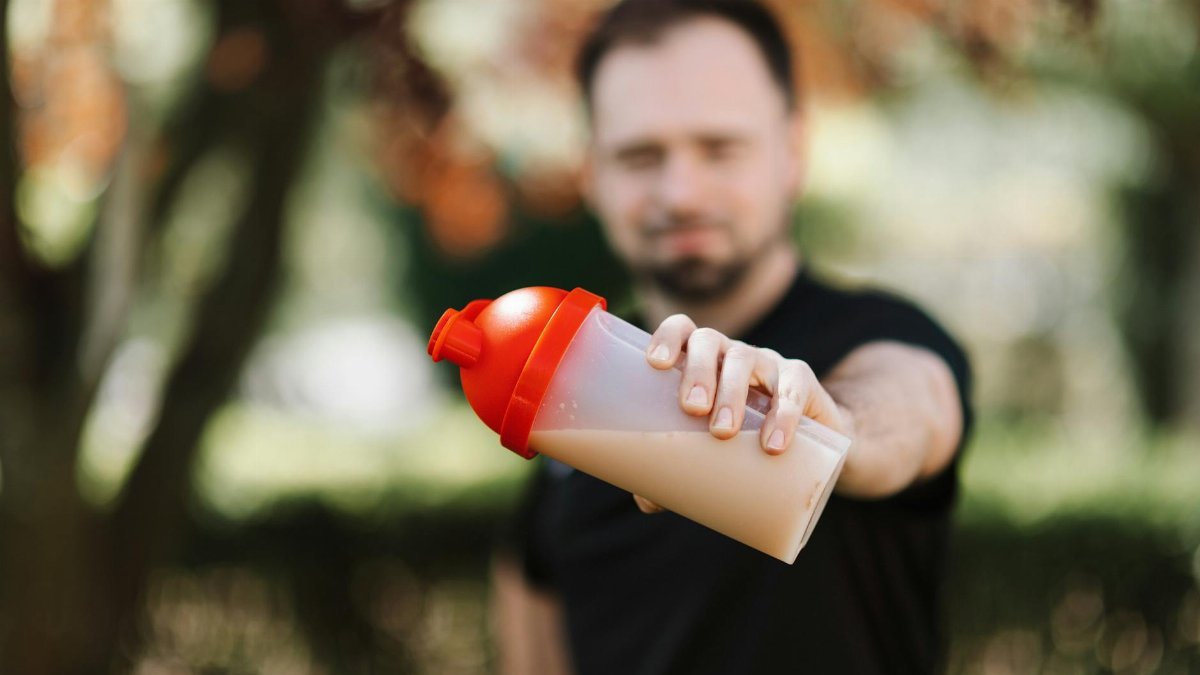Imagine a gym locker room buzzing with chatter after a grueling workout. Amid the clatter of weights and the hum of treadmills, one phrase keeps surfacing: how much protein is enough to recover? It’s a question that haunts athletes and casual fitness buffs alike. For years, the fitness world has been awash in half-truths and outright fabrications about protein and its role in recovery. These misconceptions—let’s call them protein myths recovery barriers—have misled countless individuals, stunting progress and even risking health. A recent survey found that nearly 60% of gym-goers hold at least one major misconception about protein intake. It’s time to cut through the noise, dismantle these myths, and set the record straight on what really fuels recovery in 2025. With science as our guide, let’s unpack 14 pervasive protein myths that might be sabotaging your gains right now.
1. Myth: More Protein Always Means Better Recovery

The idea that chugging endless protein shakes equates to faster muscle repair is tempting. Who wouldn’t want a quick fix? Yet, research paints a different picture. The body can only process a certain amount of protein at once—typically around 20-40 grams per meal, depending on body weight and activity level, according to a study published in the National Library of Medicine. Beyond that, excess protein doesn’t magically supercharge recovery; it’s often stored as fat or excreted. For someone like a 180-pound runner, slamming 80 grams in one sitting after a race isn’t the golden ticket. Balance matters more than sheer volume. Spreading intake across meals maximizes absorption and supports steady repair without overwhelming the system.
Consider the frustration of a weekend warrior who downs a massive shake, expecting instant results, only to feel bloated and sluggish. The lesson? Recovery isn’t a numbers game—it’s a rhythm.
2. Myth: Protein Shakes Are the Only Way to Recover

Walk into any gym, and you’ll see shelves lined with protein powders, marketed as the holy grail of recovery. But here’s the catch: shakes aren’t the be-all and end-all. Whole foods like chicken, eggs, beans, or even Greek yogurt often provide not just protein but also essential micronutrients that powders lack. A 2019 report from Harvard T.H. Chan School of Public Health emphasizes that whole food sources offer a broader nutritional profile, aiding recovery beyond just muscle repair. Shakes are convenient, sure, but they’re not superior. Relying solely on them can mean missing out on the full spectrum of recovery fuel.
Think of a busy parent, juggling work and workouts, grabbing a shake out of necessity. Convenient? Yes. Optimal? Not always. Mixing in real food can make all the difference.
3. Myth: You Need Protein Immediately After a Workout

The “anabolic window”—that supposed 30-minute post-workout period where protein must be consumed or gains are lost—has been gospel for decades. Gym lore insists that missing this window dooms your recovery. Yet, science disagrees. A meta-analysis in the Journal of the International Society of Sports Nutrition found that total daily protein intake matters far more than precise timing. If you eat enough protein throughout the day, having it an hour or two after exercise still works fine. The window isn’t as narrow as once thought. For most, obsessing over immediate intake adds unnecessary stress.
This myth often traps people into rushed, inconvenient habits. Recovery isn’t a race against the clock—it’s a steady build.
4. Myth: Plant-Based Protein Can’t Support Recovery

Meat-eaters often scoff at plant-based diets, claiming they can’t deliver the protein punch needed for recovery. This couldn’t be further from the truth. While animal proteins are “complete” with all essential amino acids, combining plant sources—like rice and beans or hummus and whole grain bread—achieves the same effect. A study from the National Library of Medicine shows that plant-based athletes can match muscle recovery rates of omnivores with proper planning. Options like lentils, tofu, and pea protein powders are game-changers. The bias against plants ignores their potential.
One online account recently shared a vegan lifter’s surprise at smashing personal records after ditching dairy-based protein. Skepticism faded with results. Plant power isn’t a myth—it’s a viable path.
5. Myth: High-Protein Diets Are Always Safe for Recovery
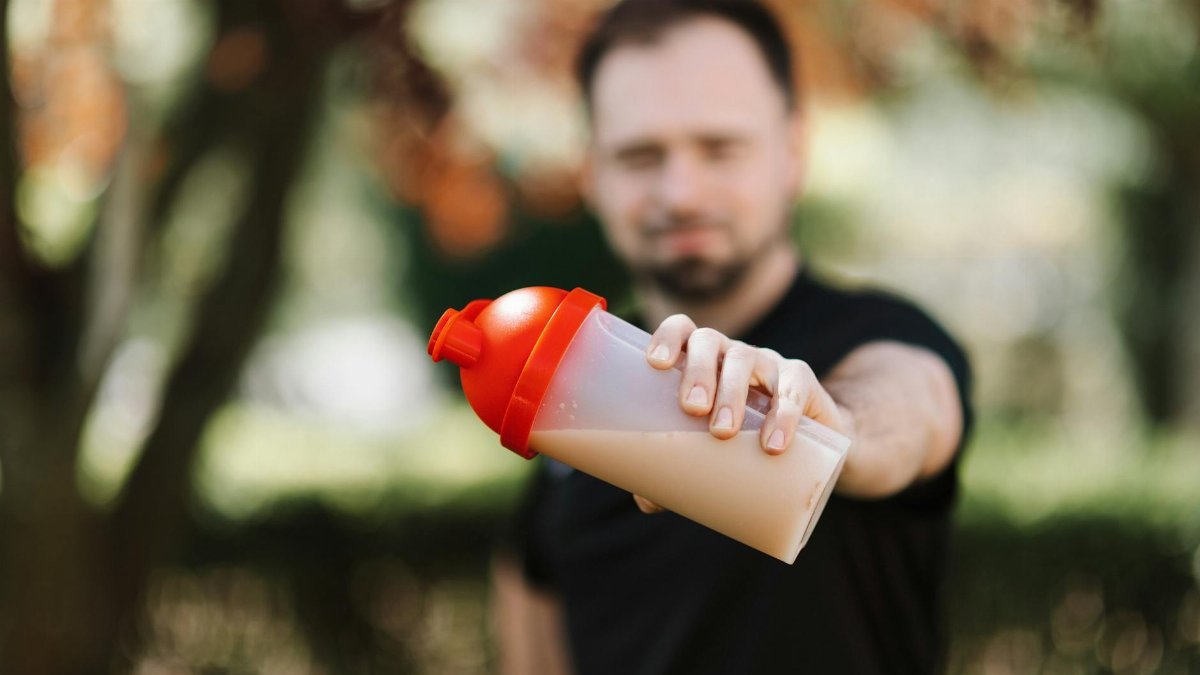
Piling on protein seems harmless, especially when chasing recovery gains. But there’s a darker side. Excessive intake—think over 2.2 grams per kilogram of body weight daily—can strain kidneys, especially in those with pre-existing issues, and disrupt gut health. Overdoing it might also crowd out carbs and fats, which are critical for energy during recovery. The body craves balance, not extremes. Pushing protein to dangerous levels risks long-term harm for short-term gains.
Picture a dedicated athlete, loading up on steak and shakes, only to battle fatigue from nutrient imbalance. Recovery isn’t just about one macronutrient—it’s a team effort.
6. Myth: Protein Builds Muscle Without Exercise
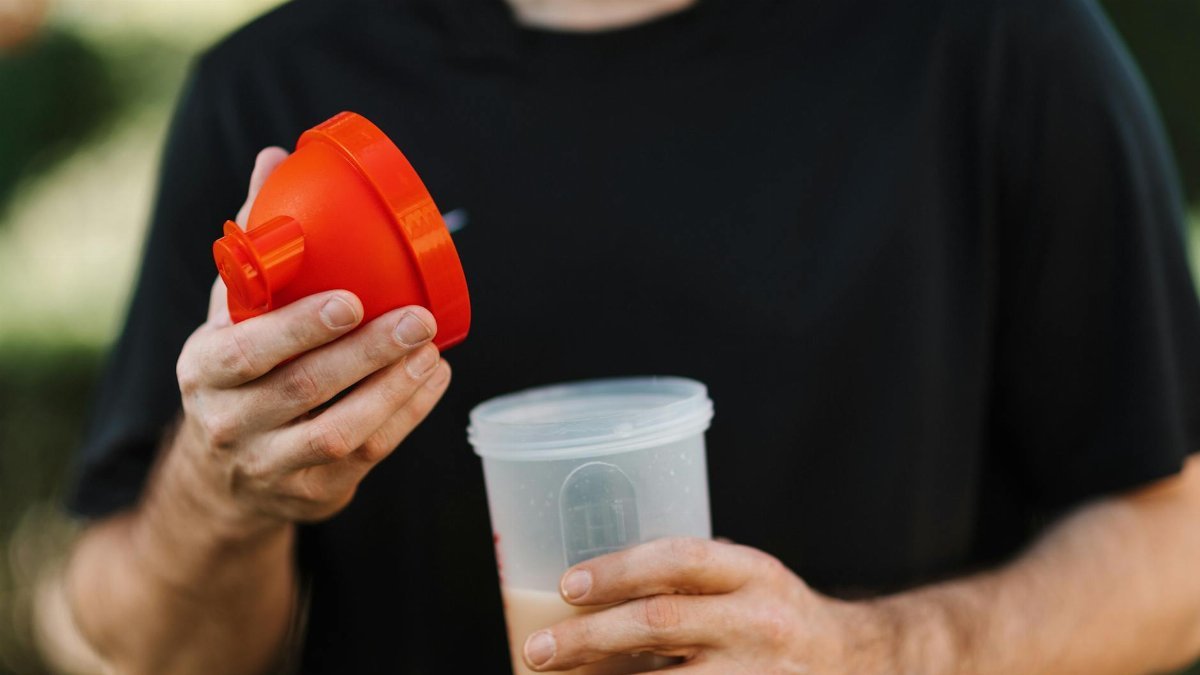
Some believe protein alone can sculpt a physique, as if sipping shakes on the couch triggers growth. It’s a fantasy. Protein provides the raw materials, but resistance training or physical stress sparks the actual muscle repair and growth process. Without stimulus, excess protein simply doesn’t translate to gains. It’s like buying bricks without a blueprint—nothing gets built. Recovery demands both fuel and effort.
This misconception often misleads beginners. Consuming protein without a plan wastes potential. Pair it with purposeful movement for real results.
7. Myth: All Protein Sources Are Equal for Recovery
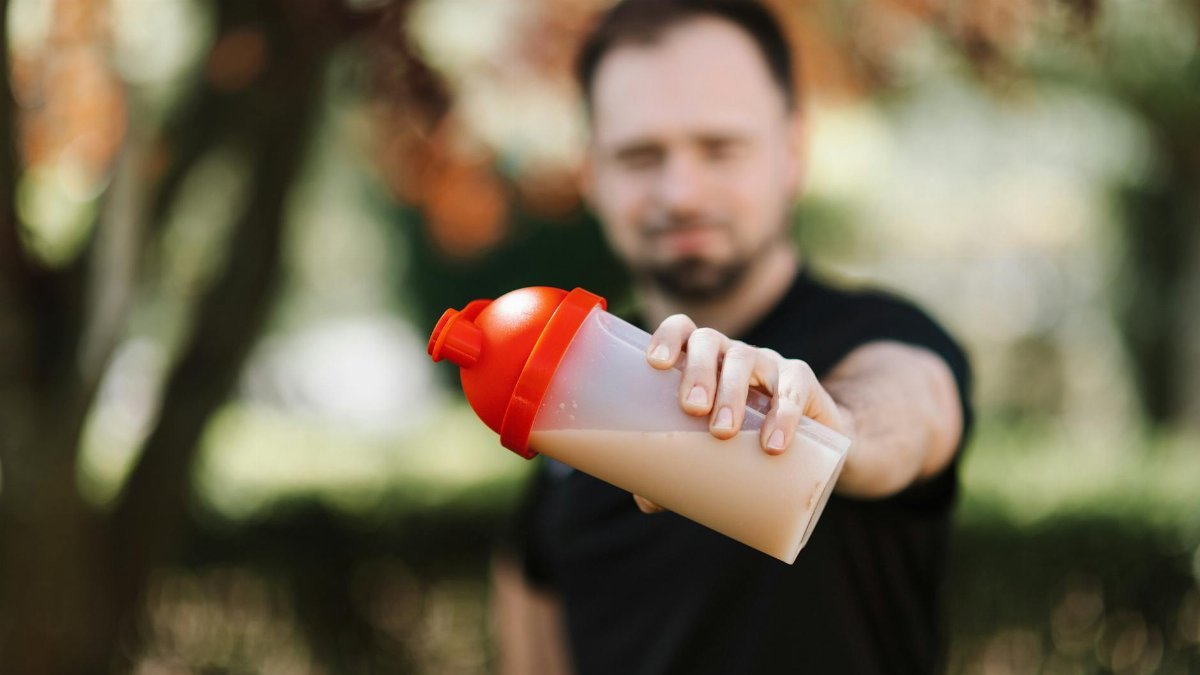
Not every protein is created equal when it comes to recovery. Fast-digesting options like whey isolate absorb quickly, ideal post-workout for rapid repair. Slower options, like casein or whole foods, provide sustained amino acid release, better for overnight recovery. Bioavailability matters too—some proteins offer more usable nutrients per gram. Ignoring these differences can slow progress.
A casual gym-goer might grab whatever’s cheapest, not realizing the impact. Tailoring protein choices to timing and needs sharpens recovery’s edge.
8. Myth: Protein Bars Are as Good as Whole Foods
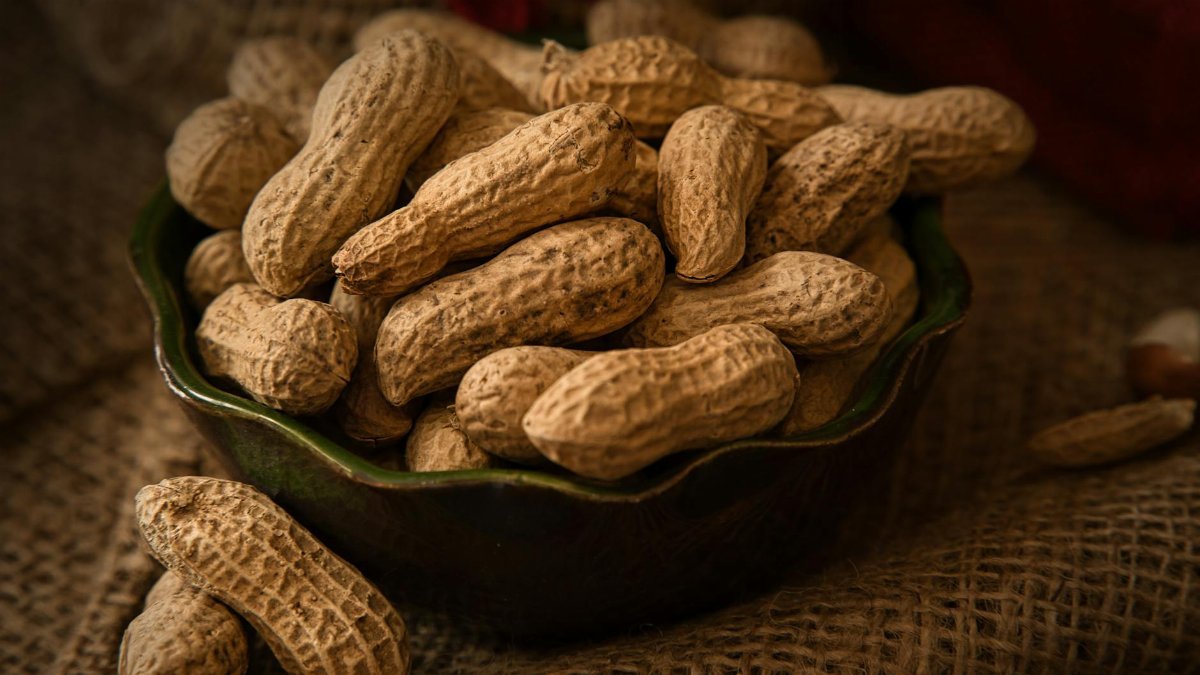
Protein bars promise quick recovery fuel, but many are glorified candy bars packed with sugar and processed additives. While convenient for on-the-go moments, they often lack the nutrient density of whole foods like turkey or quinoa. Relying on bars as a primary source can shortchange recovery. They’re a backup, not a foundation.
Think of a rushed professional snacking on bars daily. Convenience wins, but nutrition lags. Whole foods remain the gold standard for sustained recovery.
9. Myth: Older Adults Don’t Need Protein for Recovery

There’s a notion that as we age, protein becomes less critical for recovery. Quite the opposite. Aging muscles lose mass naturally—a process called sarcopenia—and adequate protein, paired with exercise, helps combat this. Older adults may even need slightly more to preserve strength. Dismissing protein’s role ignores biology.
An older runner, doubting protein’s relevance, might struggle with stamina. Recovery at any age hinges on proper fuel. Age doesn’t diminish its importance.
10. Myth: Protein Causes Weight Gain During Recovery
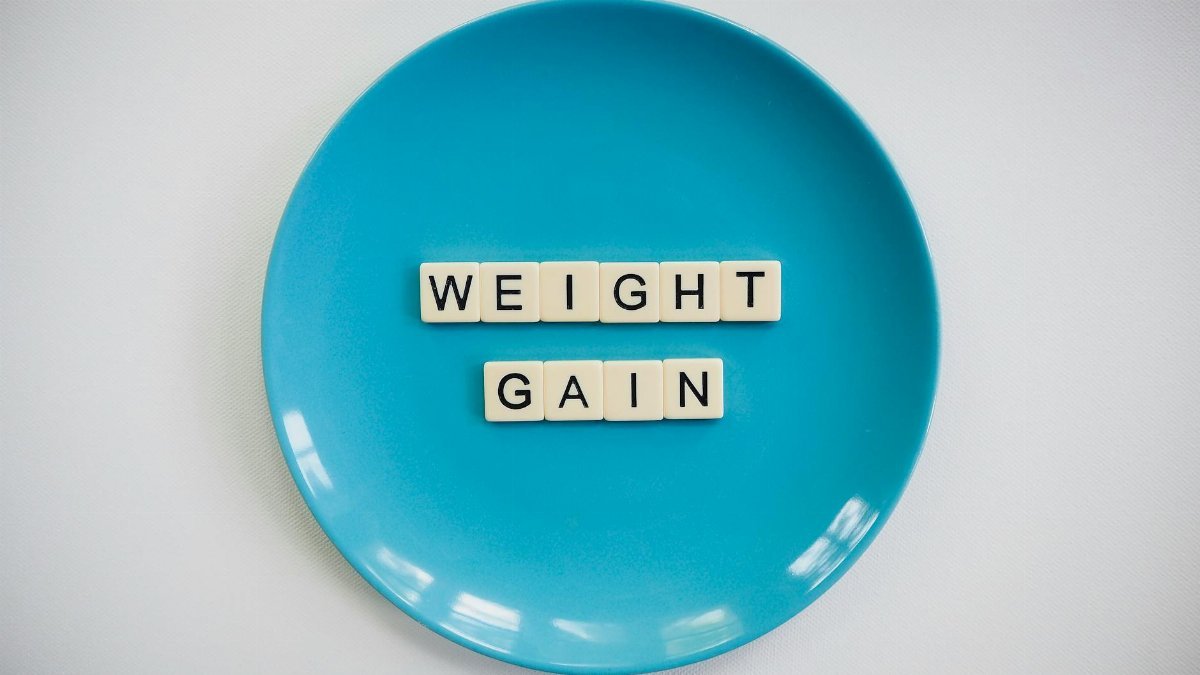
Fear of “bulking up” deters some from protein during recovery, especially non-athletes. Truthfully, protein itself isn’t the culprit—excess calories are. When intake matches activity and recovery needs, protein supports lean muscle, not fat. Misunderstanding this fuels avoidance and stalls progress.
Someone recovering from injury might skimp on protein, fearing bloat. The real risk is losing muscle, not gaining weight. Balance clears the confusion.
11. Myth: You Can’t Overtrain if You Eat Enough Protein

Some assume protein acts as a shield against overtraining, as if it magically prevents burnout. It doesn’t. Overtraining syndrome—marked by fatigue, injury, and stalled gains—stems from inadequate rest, not just nutrition. Protein aids repair, but can’t replace recovery’s other pillars like sleep and downtime.
A driven athlete, pushing limits while banking on protein, might crash hard. Recovery isn’t a solo act. Rest and fuel must harmonize.
12. Myth: Protein Supplements Are Unnecessary for Recovery
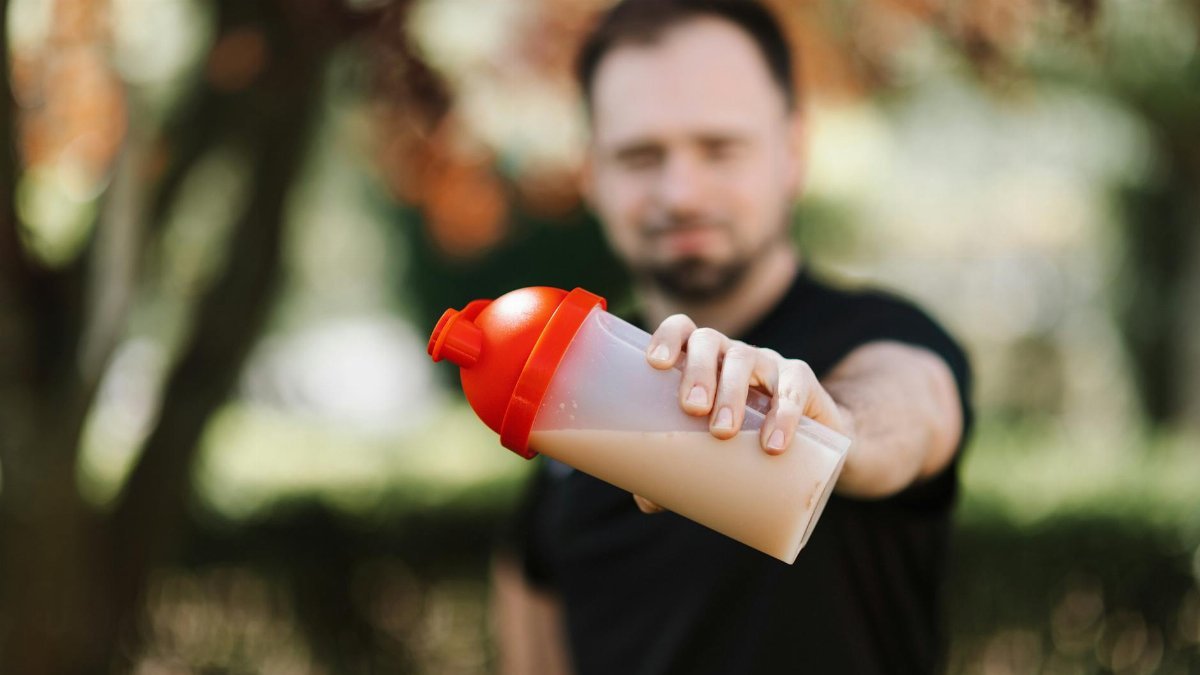
While whole foods shine, supplements aren’t useless. For those with packed schedules or higher needs—like endurance athletes—supplements bridge gaps. They’re not essential for everyone, but dismissing them outright ignores practical realities. They’re tools, not crutches.
A harried student-athlete, struggling to cook, finds shakes a lifeline. Recovery adapts to life’s demands. Supplements can fit when used wisely.
13. Myth: Protein Only Matters for Muscle Recovery

Protein’s role extends beyond muscles. It supports immune function, hormone production, and tissue repair—crucial during recovery from illness or stress. Narrowly viewing it as a muscle-only nutrient misses its systemic impact. Recovery is holistic, and protein plays a starring role.
Someone recovering from surgery might overlook protein, focusing on rest alone. Yet, it’s vital for healing everywhere. Its reach is wide.
14. Myth: Protein Needs Are the Same for Everyone
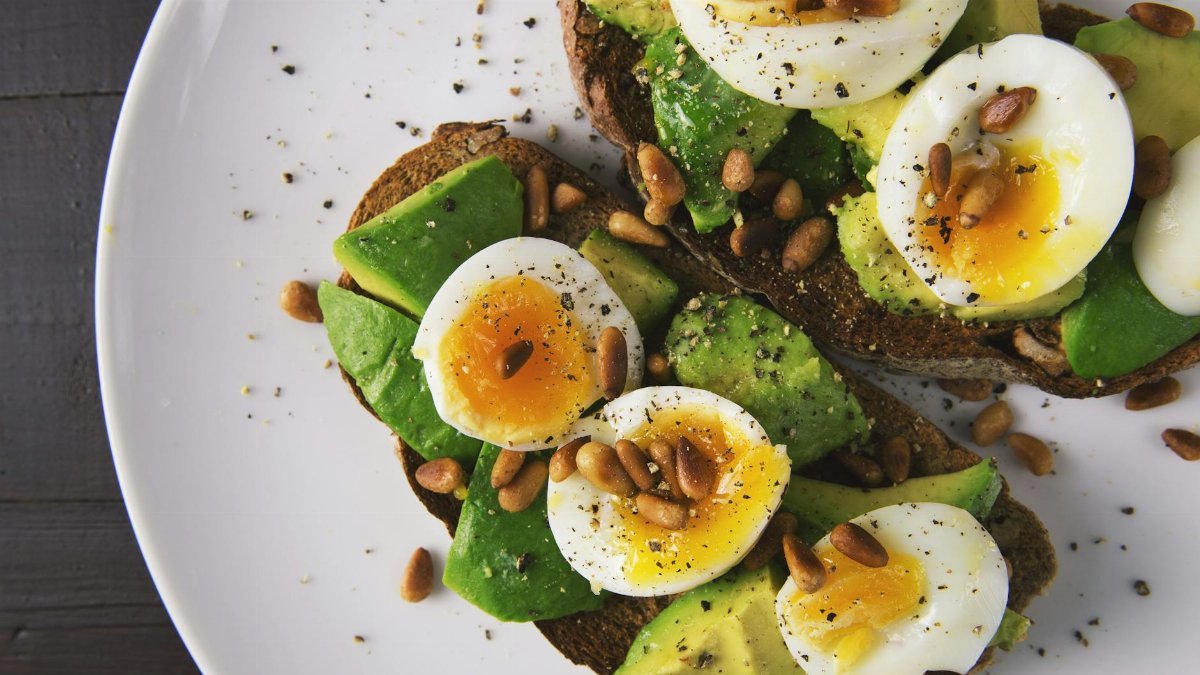
One-size-fits-all protein advice floods fitness forums, but needs vary wildly. Factors like age, weight, activity level, and goals shape requirements. A sedentary office worker and a marathoner can’t follow the same plan. Personalization trumps generic rules in protein myths recovery debates.
Two friends training together, assuming identical needs, might see uneven results. Recovery thrives on tailored approaches. Individuality isn’t a myth—it’s a must.

As an education professional with a background in Biology and Physics, Dr. Christoph Weber is the analytical heart of Fulfilled Humans. He ensures every piece of content is insightful and grounded in credible knowledge.
Disclaimer
The content on this post is for informational purposes only. It is not intended as a substitute for professional health or financial advice. Always seek the guidance of a qualified professional with any questions you may have regarding your health or finances. All information is provided by FulfilledHumans.com (a brand of EgoEase LLC) and is not guaranteed to be complete, accurate, or reliable.
